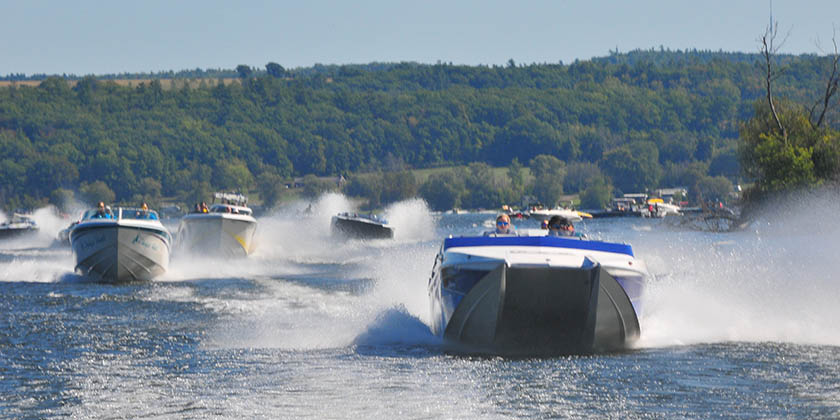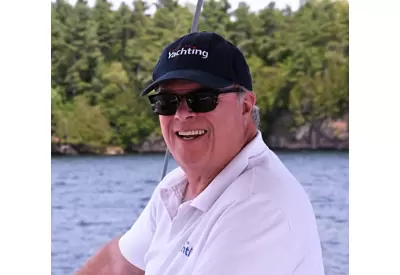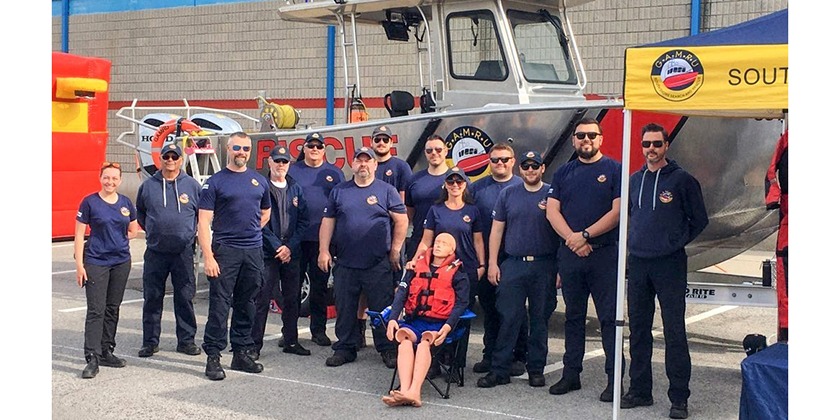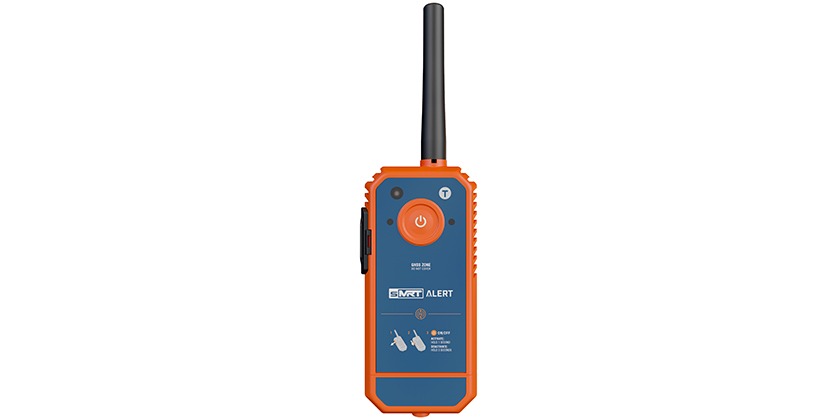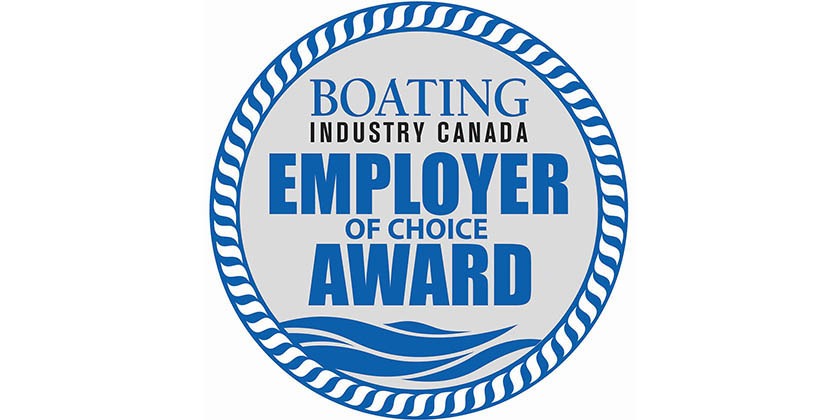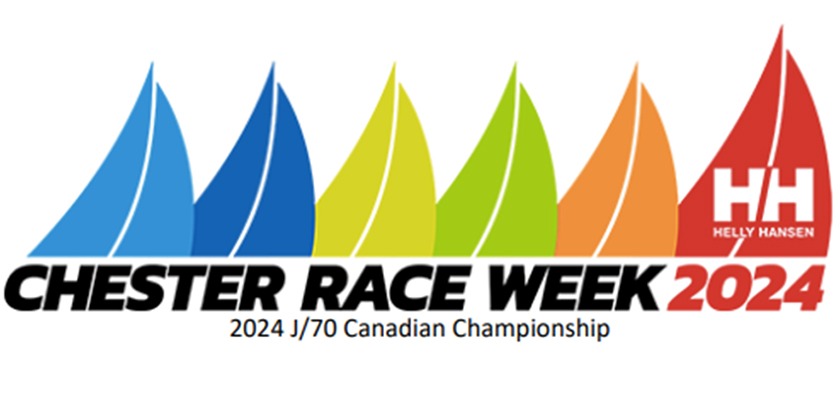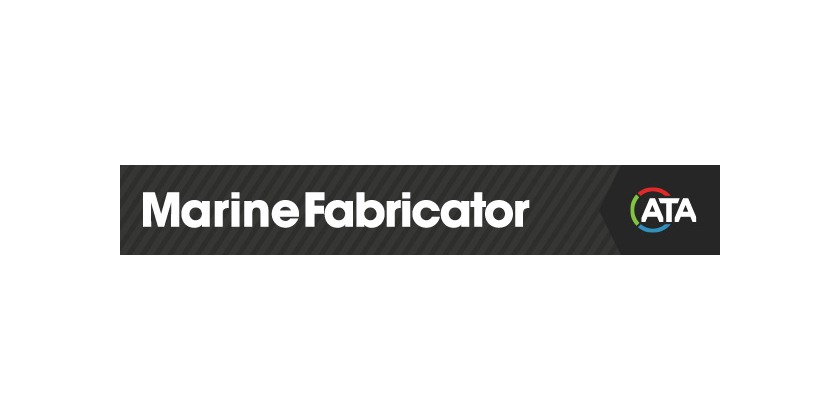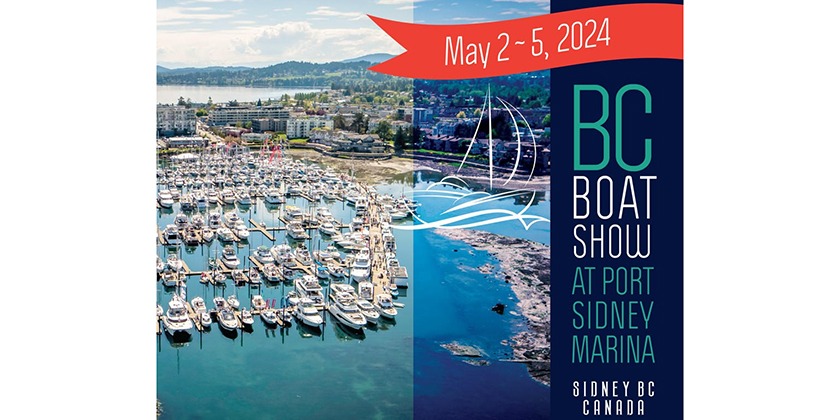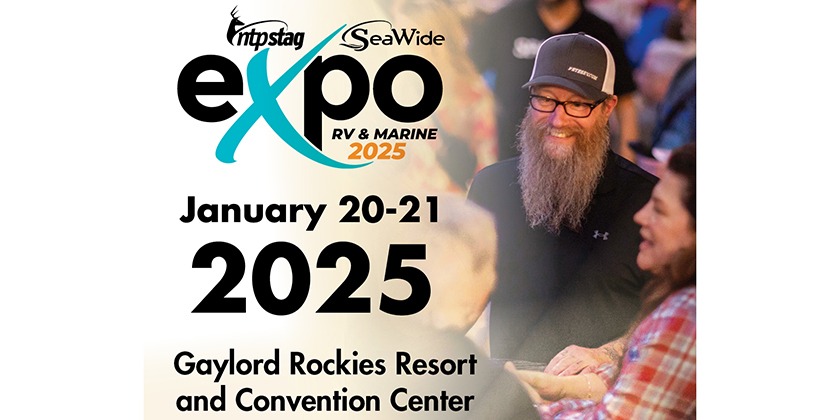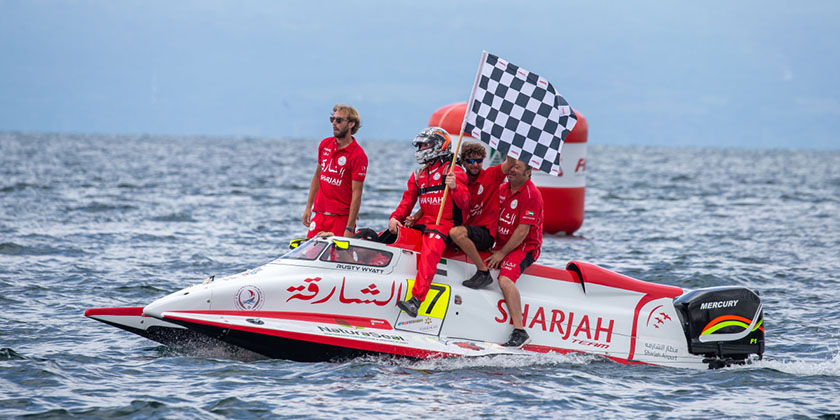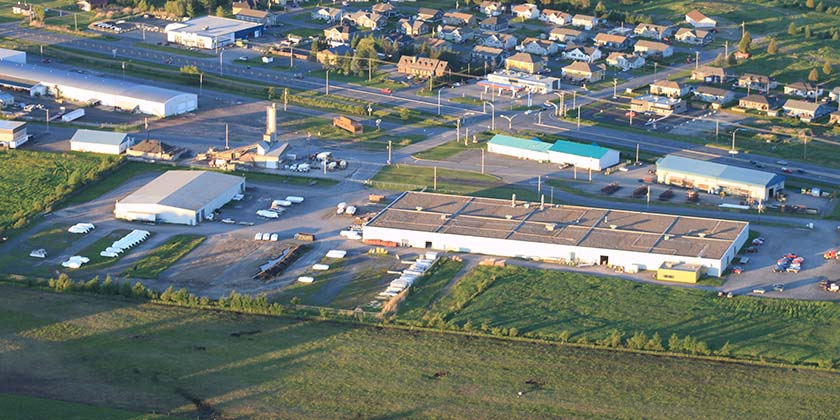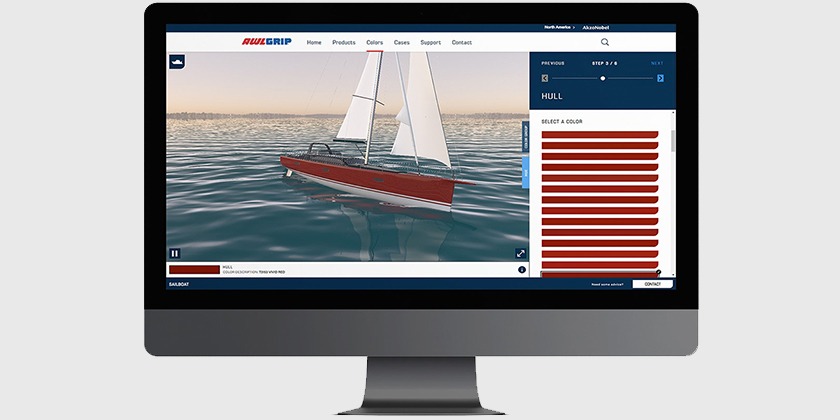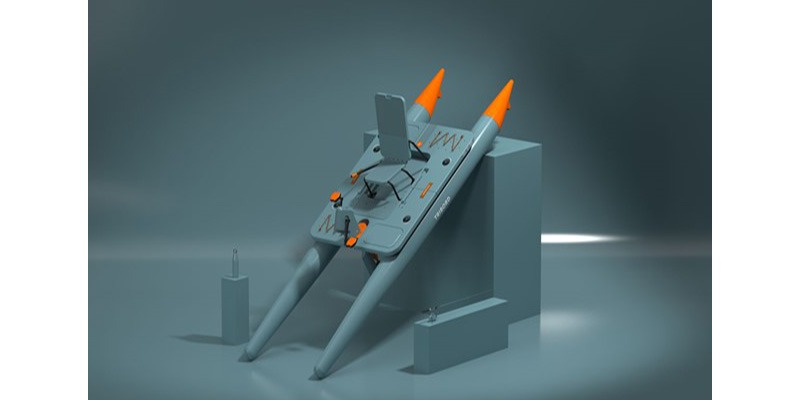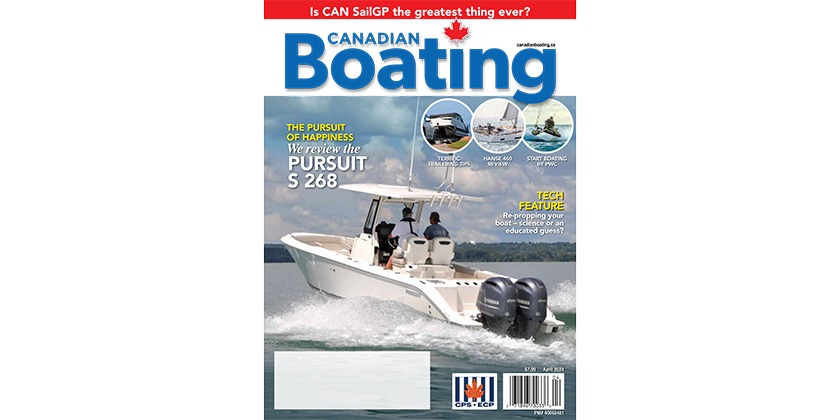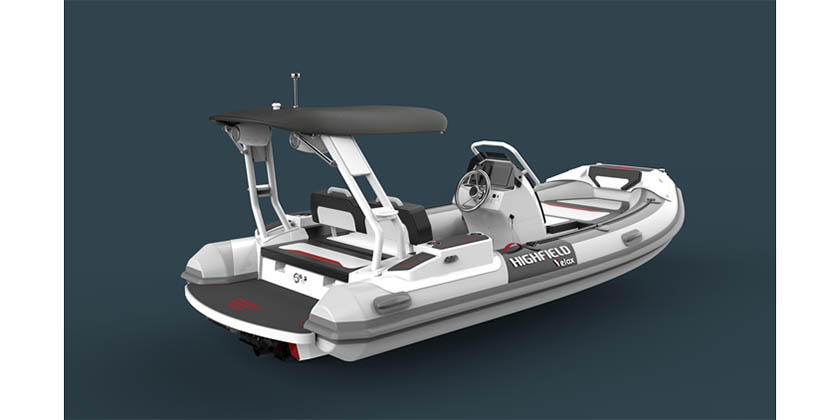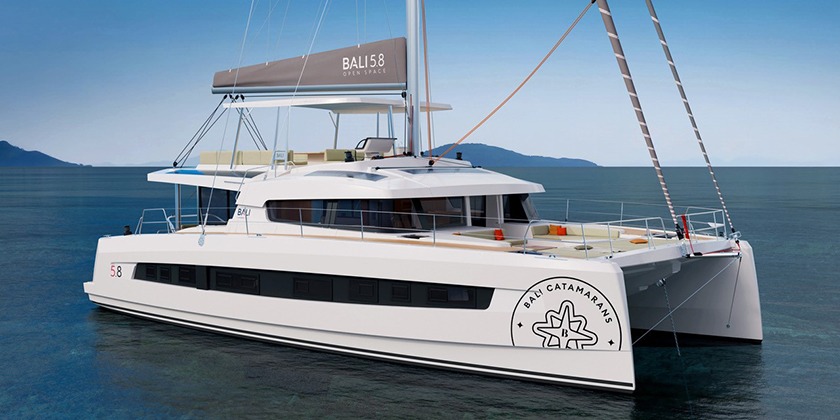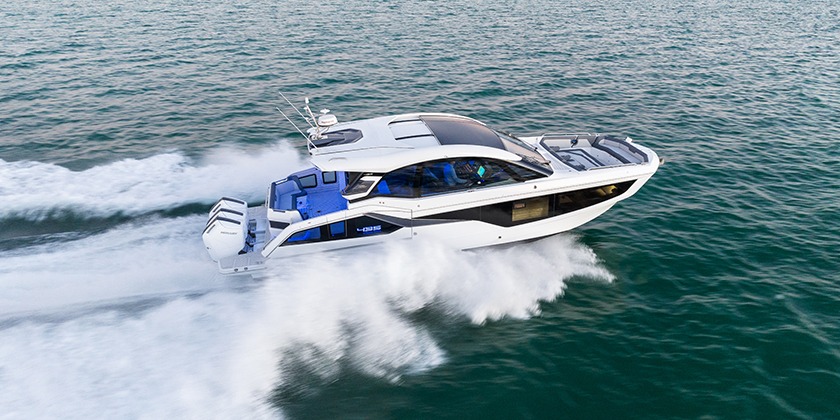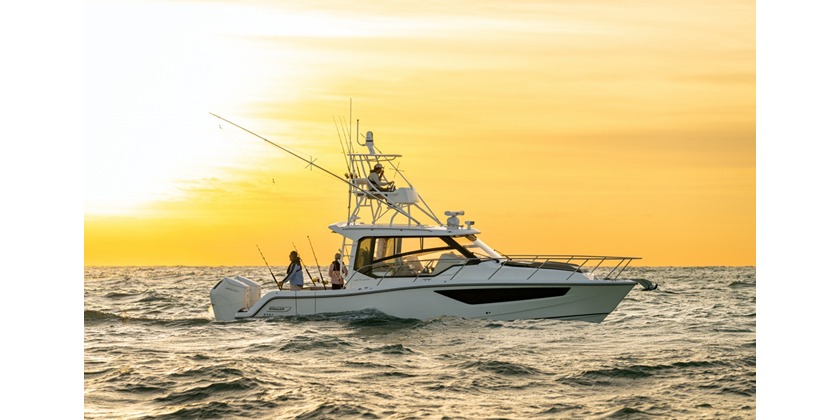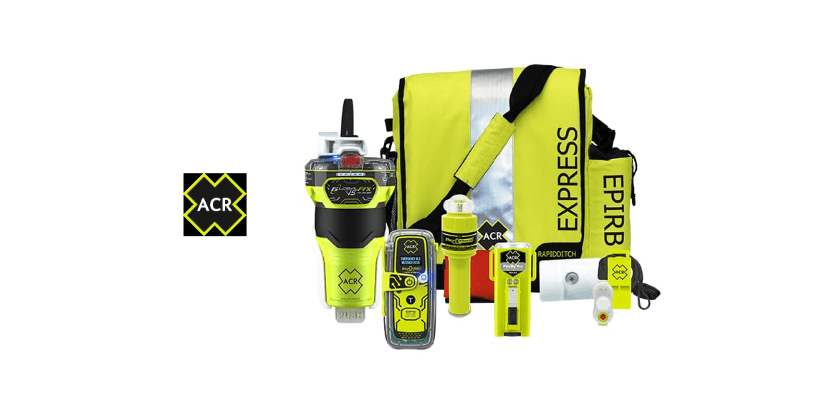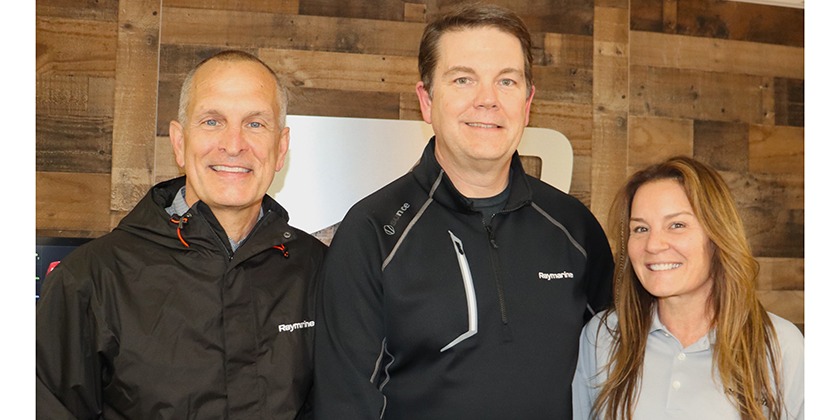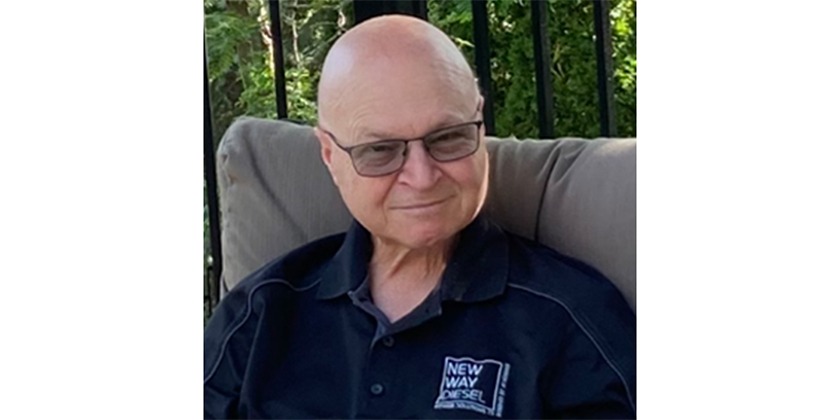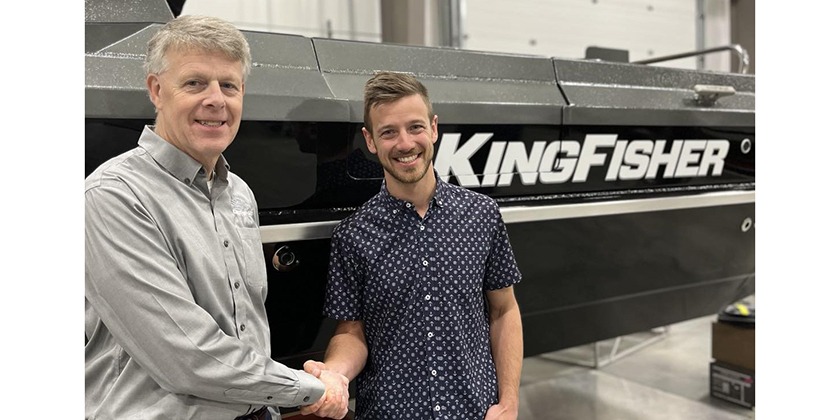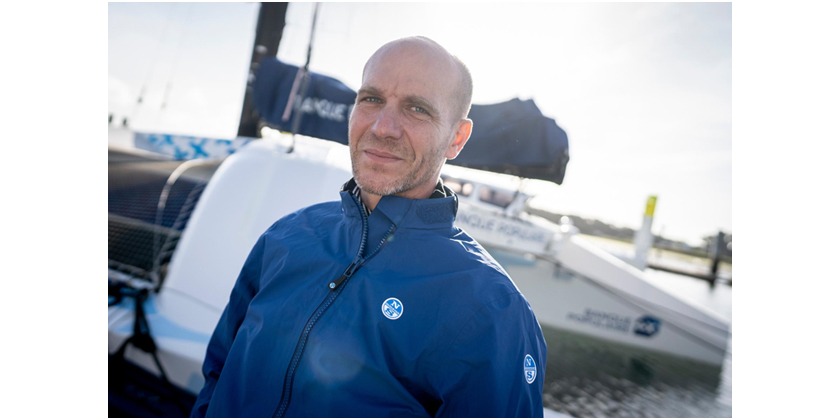Fraunhofer ICT and University of Western Ontario Open Research Facility in Canada

The University of Western Ontario (London, Ontario) announced in early November the the official opening of the Fraunhofer Project Centre (FPC) for Composites Research, a 12,000 ft2 (1,115m2). applied research facility located at the university’s Advanced Manufacturing Park. The FPC is a collaboration between the university and the Fraunhofer Institute for Chemical Technology (Pfinztal, Germany), an institute that is part of the largest applied research organizations in Europe.
The FPC is furnished with a variety of industrial-scale equipment, including a Dieffenbacher material press (Dieffenbacher North America Inc., Windsor, Ontario), with a clamping force of 2,500 tons. Researchers will focus on developing and processing lightweight composite materials for a number of industries, such as transportation, construction, machinery and aviation. The research will be conducted on behalf of industrial clients, and the Centre's director, Dr. Frank Henning, reports that two contracts have already been signed and two more are nearly ready.
The facility will draw on a variety of materials and processing technologies, including direct sheet molding compounds (SMCs), long-fiber-reinforced thermoplastics (LFRTs) and high-pressure resin transfer molding (HP RTM). One of the Centre's primary aims is adapting composite fabrication to high-volume production, such as that required in automotive manufacture.
“Making, say, one Space Shuttle is great, handmaking it fiber by fiber,” said Tobias Potyra, manager of operations, Fraunhofer ICT. “But making 100,000 parts a year that all look the same with the same properties — that’s the challenge.”
Centre officials point out that In automotive manufacture, composites are finding increasing use in applications such as underbody shields, body panels, doors and seat structures as a means of lightweighting vehicles and improving fuel economy. Potyra reports that the Centre will provide platform technology for real-time part development, along with materials and tooling innovation, and will help automakers optimize existing processes. The ultimate goal is to provide clients with technology and solutions for highly precise, inline, quality-controlled manufacturing of advanced composite parts.
University of Western Ontario president Amit Chakma said the FPC will help small and medium enterprises (SMEs) to get their products to the market quicker and provide tangible benefits to the Canadian and American economies.
The city of London, Ontario, provided $10 million (CAN) toward the building of the FPC. The Centre also has received a $13.7 million nonrepayable grant from the Canadian Federal government, as well as contributions from the Ontario government, Western University and the private sector.

